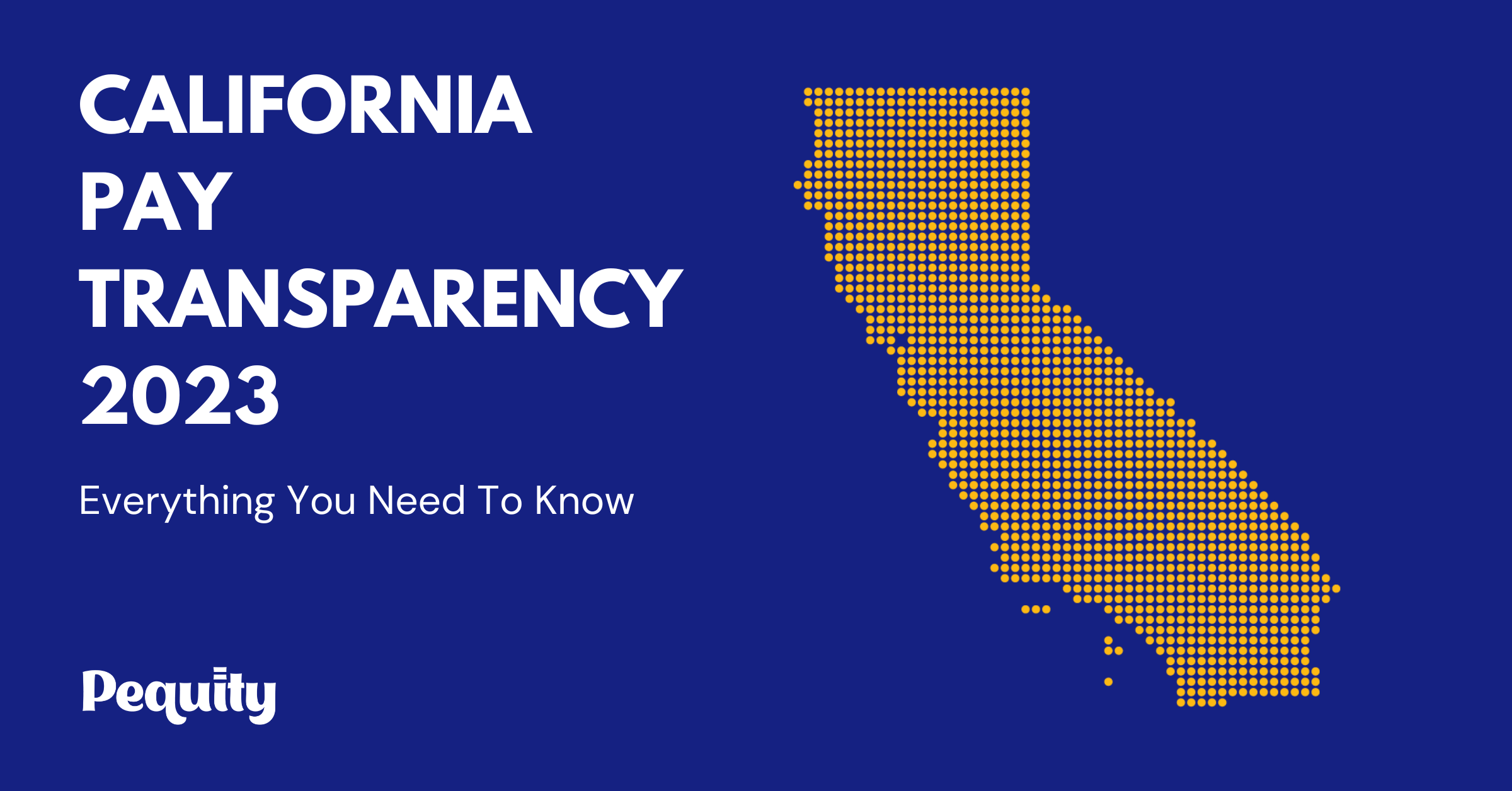There was significant action around pay transparency in 2022 that is now taking effect this January—namely in the state of California.
Last fall, California passed Senate Bill 1126, which requires businesses with more than 15 employees to “provide a pay scale for a position in any job posting.”
This applies not only to businesses located in California, but businesses who might hire a Californian, remotely or in-person.
As of January 1, 2023, California’s pay transparency law is now in effect, with fines between $100 and $10,000 for noncompliance.
This has caused quite the stir, as businesses seek out a way to share pay ranges in their job postings for free.
Read on to learn more about California’s new pay transparency law, and how it applies to your business.
Which Businesses Must Legally Comply with SB 1126?
SB 1126 affects businesses with more than 15 employees, hiring for a position that may ever be filled in California, either in-person or remotely.
Let’s go through some examples to clarify.
Say you’re a New York business owner with 180 employees, and only 2 of them live in California. This law applies to you, as you may hire more Californians. You’ll need to provide a salary range in every one of your job postings, for every position.
Now say you’re a California employer with 24 employees, but half of them live and work in Austin. This law still applies to you, as you’re over the 15 employee threshold.
Lastly, say you’re a Pennsylvania employer with 50 employees, all hired and working locally. This law does not apply to you, because you won’t be hiring anyone residing in California as the work is localized.
If you want a detailed, legal review of CA Senate Bill 1126, I found this attorney’s blog quite helpful.
Who Does This Law Help?
California’s new pay transparency law puts the onus on the employer to share a pay scale—also known as a pay band, or salary range.
Where before candidates and employees had to request their pay scale, employers must now provide that information up front, in the job posting itself.
The goal of SB 1126 and other pay transparency laws is to give job applicants more insight and information about open positions in the marketplace.
With a more informed applicant pool, workers and employers will spend less time doing interviews that go nowhere.
If there’s a mismatch between desired compensation and what the employer is willing to pay, workers and employers will know it at the outset.
How Do I Comply With Senate Bill 1126?
It’s not difficult to be in compliance with California’s new pay transparency laws.
Sharing a pay scale in your job posting is simpler than you think, and there are free tools to help you do it.
Pequity has a free tool to help you share salary ranges that will keep you in compliance with California’s new law.
Pequity created a tool called Salary Board to help businesses comply with pay transparency laws quickly, and easily.
Salary Board allows you to publish ranges to job posts in minutes.
To get started, create a free account, and you’ll have everything you need to comply with SB 1126 today.
Need to Create Salary Ranges from Scratch?
If you feel like you’re behind the 8 ball when it comes to pay bands and ranges, don’t stress.
Pequity was built by compensation experts for this exact reason, and we have real people who are here to help.
We have decades of experience helping folks just like you navigate complicated compensation questions, and sort out their salary bands.
If you’d like an expert’s opinion, or even some initial guidance on how to handle pay transparency, salary ranges, or compensation, reach out here.
We’ll get in touch with you ASAP, and work with you to solve any compensation issues.
